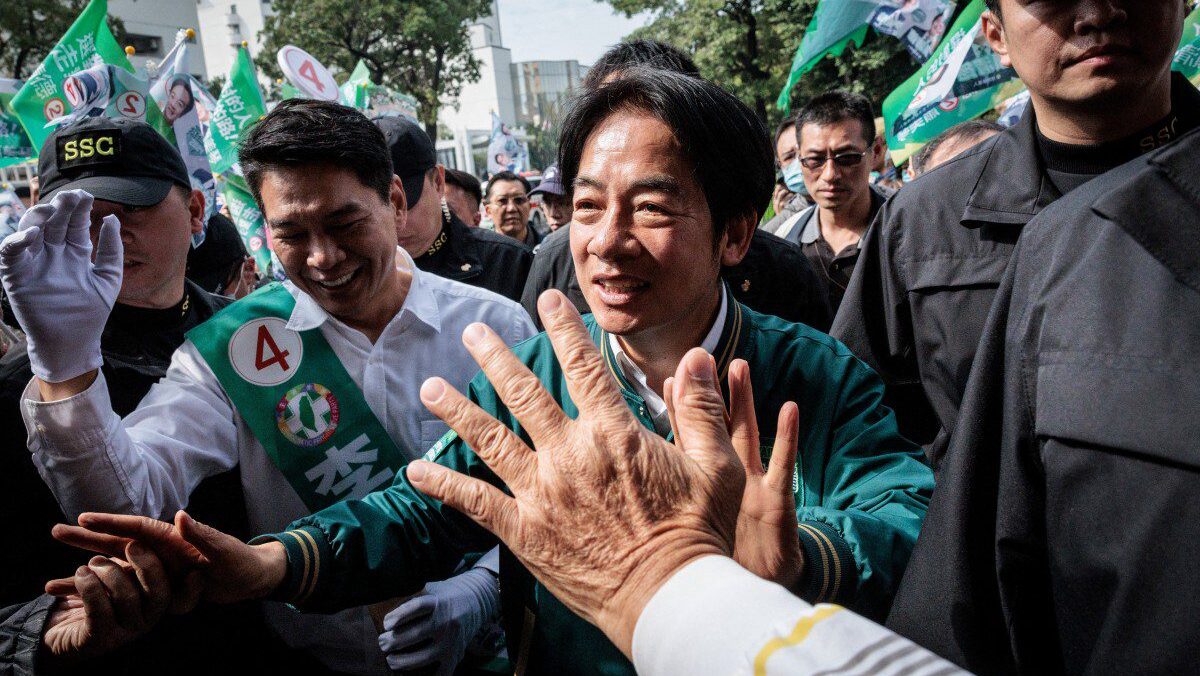
Taipei Holds Air Raid Drill to Prepare for Chinese Attack
Taipei is clearing streets as part of training in case of a future Chinese attack.

Taipei is clearing streets as part of training in case of a future Chinese attack.
Think tank says new PM Carney must take a more proactive stance.
Tuesday’s exercises were aimed at sending a “stern warning,” Beijing said.

Investigation draws a blank despite growing pressure on electronics executives.

The Hungarian government has confirmed the company making the pagers has no manufacturing in Hungary.

China, which is a partner rather than an OECD member, has been allowed to block a wider role for Taiwan.

In the wake of William Lai’s presidential win, Taiwan-China relations are already deteriorating even further.

A win for the sovereigntist and U.S.-backed William Lai, who is leading the polls, would be Beijing’s nightmare scenario.

Saxony is a traditional hub for semiconductor production going back to the East German era. But officials warn that the AfD’s rapid rise could throw a spanner in the works for expanding the regional labour force through immigration.

China accused the U.S. and Taiwan of seriously violating the one-China principle.